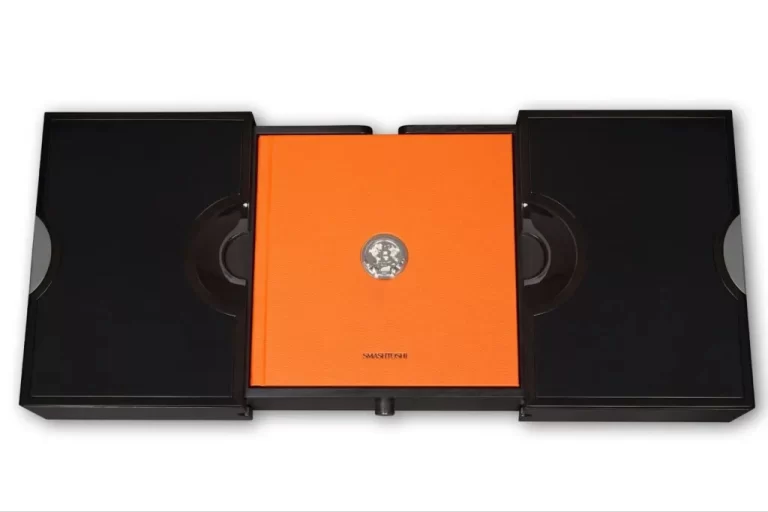
Reports from the Centers for Disease Control and Prevention show how disease detectives pieced together what was making people sick.

In one of the early reports to the Centers for Disease Control and Prevention in what would later lead to a recall of McDonald’s Quarter Pounders in several states, a 61-year-old man from Wisconsin said he got sick after eating the hamburger with onions that he said he didn’t order.
In another report, a 76-year-old woman in Colorado got sick Oct. 5 and needed to be hospitalized. She reported eating an Egg McMuffin, fries and a Quarter Pounder from McDonald’s. Another day, she said, she had a ceasar salad and salmon and rice at other restaurants. She also tested positive for the E. coli strain.
And a 16-year-old boy in Colorado who reported eating at McDonald’s “most days and typically orders a Quarter Pounder or cheeseburger at each meal” got sick with E. coli O157:H7 on Sept. 29, according to his patient report. The teen said he also had a “Dr. Pepper, milk shake, bite of McChicken” at McDonald’s. Another day, a “bbq sandwich and fries” at a different restaurant.
The outbreak led McDonald’s to temporarily stop serving its Quarter Pounders in several states. At the same time, a Colorado onion supplier recalled its yellow onions in response to the outbreak.
“They then updated the public when they identified onions as the most likely source,” he said. “I think that was very helpful and everything seemed to happen relatively quick.”
Matt Wise, chief of the CDC’s Outbreak Response and Prevention Branch, said Colorado health officials alerted the agency to an increase in E. coli infections in the state
In a statement Monday, Rachel Molatore, a spokesperson for Taylor Farms, said: “After extensive testing by regulatory agencies and independent labs, no evidence of the E. coli O157:H7 outbreak strain has been found in any of our processed onion products, our onion raw product supply or in our facility in Colorado.”
A spokesperson at the FDA said in a statement Monday that the slivered onions “are the likely source of this outbreak” even though lab testing hasn’t matched the recalled onions to the outbreak strain or illnesses.
Nestle said the health agencies may never be able to definitively prove the onions as the source.


